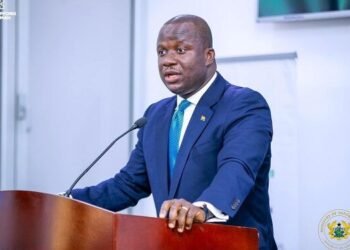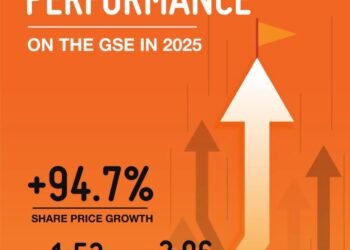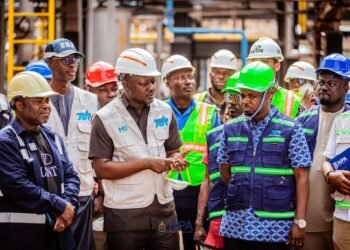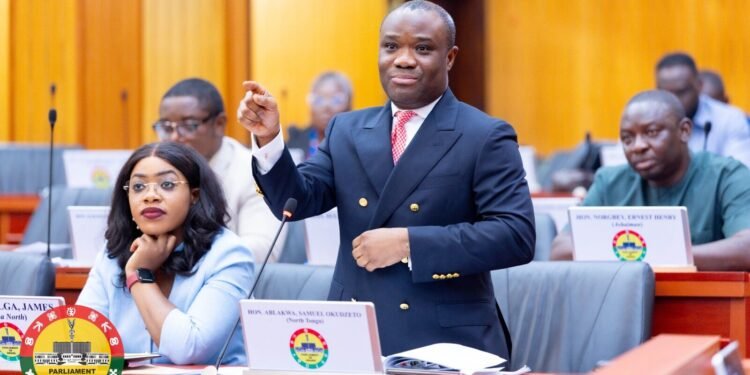Ghana has reaffirmed its role as a continental leader in climate resilience, with the Minister of State for Climate Change and Sustainability, Hon. Seidu Issifu, delivering a powerful call for scaled-up and locally led adaptation at the Global Center on Adaptation (GCA) Leaders’ Dialogue, held during the 80th Session of the United Nations General Assembly (UNGA80).
Speaking on behalf of President John Dramani Mahama, Hon. Issifu joined an assembly of global heads of state, ministers, and development leaders to deliberate on the theme “Shaping Resilient Futures.”
His remarks underscored the urgency of accelerating Africa’s climate response in the face of devastating floods, prolonged droughts, and mounting economic challenges.
Citing the Akosombo Dam floods, which displaced thousands in Ghana, alongside worsening droughts across the continent, Hon. Issifu warned that adaptation had moved from being an option to a necessity.
“Adaptation is not optional for us, it is a necessity.
“For Ghana, the Africa Adaptation Acceleration Programme (AAAP) is building resilience into the foundations of our economy.”
Hon. Seidu Issifu, Minister of State for Climate Change and Sustainability
The Minister highlighted Ghana’s concrete interventions, including the Tree Crop Diversification Project, which is deploying climate-smart seeds, digital advisory services, and sustainable land management to safeguard crops like cocoa, cashew, coconut, and rubber.
In the energy sector, Ghana is advancing the Scaling Up Renewable Energy Programme, expanding solar mini-grids and rooftop systems while embedding climate risk assessments to secure the country’s clean energy future.
Debt Challenge
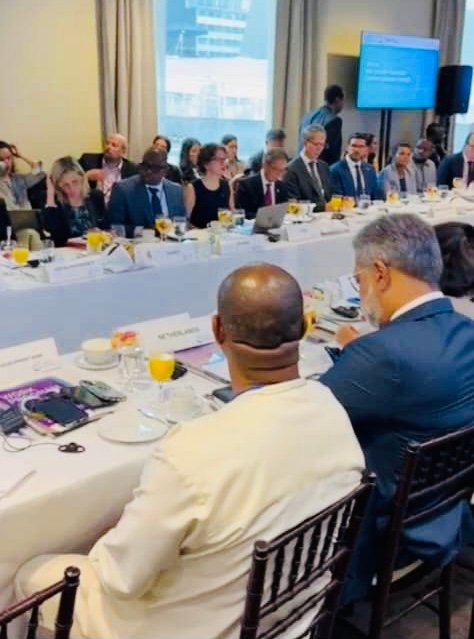
Hon. Issifu also raised a sobering concern shared by many developing nations: the weight of unsustainable debt.
He stressed that fiscal constraints are eroding the capacity of African governments to fund locally driven adaptation measures.
“Creating fiscal space is not only a necessary condition but a sufficient condition for locally led adaptation.
“We must have an honest conversation about financial engineering that allows vulnerable countries to invest in climate resilience without being trapped in cycles of unsustainable debt.”
Hon. Seidu Issifu, Minister of State for Climate Change and Sustainability
He urged development partners, sovereign wealth funds, and multilateral banks to respond with debt relief, innovative financial instruments, and climate-aligned funding that unlocks capital for resilience at scale.
The dialogue was co-chaired by H.E. Macky Sall, 4th President of Senegal and Chair of the GCA Board; H.E. Ban Ki-moon, former UN Secretary-General and Honorary Chair of the GCA Board; and H.E. Åsmund Aukrust, Norway’s Minister for International Development.
The session was moderated by GCA President and CEO Professor Patrick V. Verkooijen.
Opening remarks came from Bill Gates, Chair of the Gates Foundation, who called for greater investment in agricultural innovation to enhance food security and climate resilience.
Other high-level interventions were delivered by Kenya’s President William Ruto, AfDB President Dr. Sidi Ould Tah, Marshall Islands President Hilda Heine, AU Commission Chairperson Mahmoud Ali Youssouf, and COP30 Presidency Executive Director Ana Toni.
The meeting also marked the launch of the latest State and Trends in Adaptation Report, which underlined the need for urgent scaling of adaptation measures globally.
Building Partnerships for Resilient Africa

Hon. Issifu expressed Ghana’s support for AAAP 2.0 – the “Blueprint for a Resilient Africa”, which was unveiled at the 2nd Africa Climate Summit.
He called on international partners not to retreat but to scale their commitments, warning that global resilience would only be achieved through joint action.
He said, “Success will depend on sustained collaboration between governments, communities, and the private sector,” reaffirming Ghana’s readiness to work with partners to position Africa at the forefront of adaptation solutions.
Looking ahead to COP30 in Brazil, Issifu pressed for adaptation to remain central on the climate agenda, stressing that Africa’s voice and Africa’s locally driven solutions must shape the global response.
Ghana’s participation in the Leaders’ Dialogue highlighted its growing profile in climate diplomacy and governance.
With the establishment of the Office of the Minister of State for Climate Change and Sustainability, the country has created a governance framework that integrates climate priorities into national development planning.
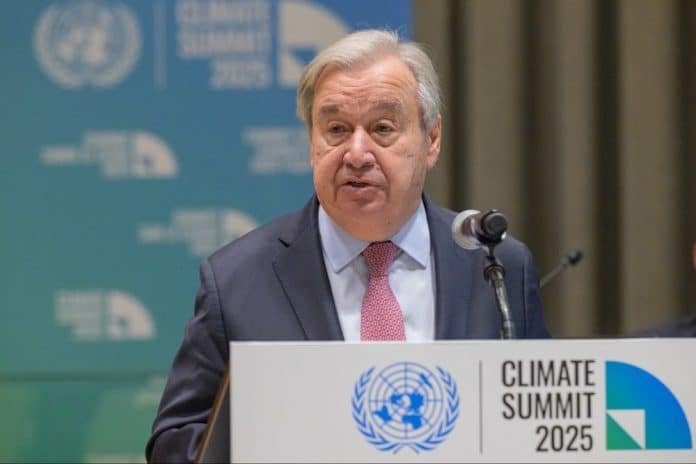
For Hon. Issifu, this reflects Ghana’s determination to ensure no community is left behind in the transition toward a resilient and sustainable future.
“Our task is to reflect, propose, and act. Ghana is committed to building resilience into the very fabric of our economy and society, but we cannot do this alone.
“This is a call for partnership, for urgency, and for bold investment in adaptation.”
Hon. Seidu Issifu, Minister of State for Climate Change and Sustainability
The dialogue also featured interventions from leaders across Africa and beyond, including Guinea-Bissau’s President Umaro Sissoco Embalo, Tanzania’s Vice President Philip Mpango, Barbados Prime Minister Mia Mottley, Togo’s President Faure Gnassingbé, and Prime Ministers from Chad, Sint Maarten, and Niger.
With dozens of ministers, development partners, and private sector leaders present, the meeting sent a strong signal: adaptation is no longer peripheral but a central pillar of the global climate agenda.
READ ALSO: Market Cheers as Ghana’s Treasury Auction Breaks Four-Week Drought with 15.8% Oversubscription





